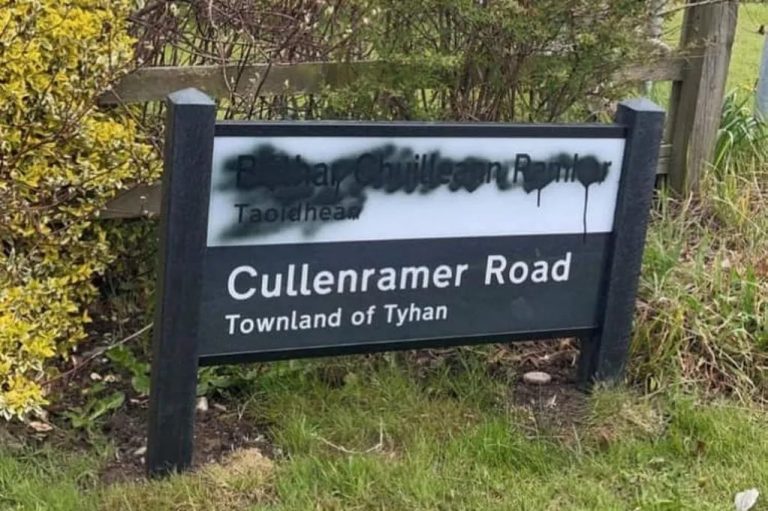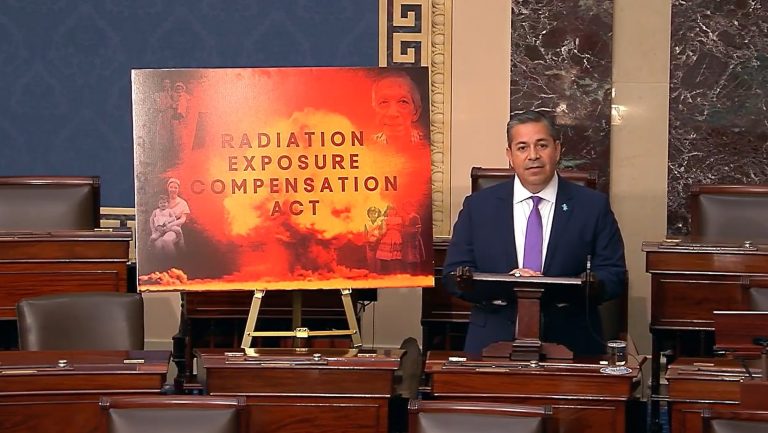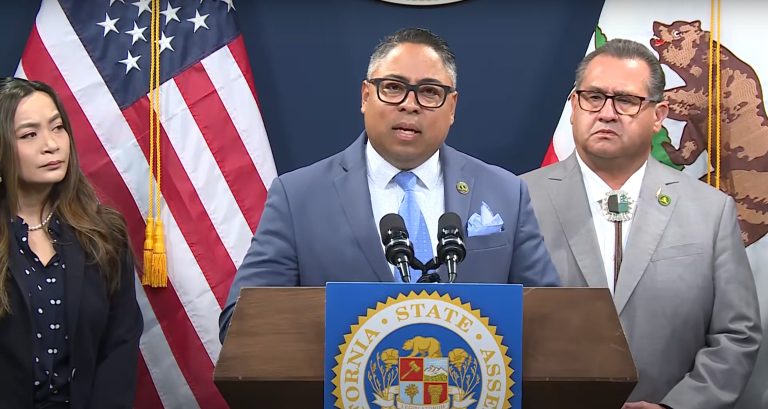Podcast: Play in new window | Download | Embed
Montana’s Native families face higher rates of separation with a disproportionate number of Native kids in foster care.
A nonprofit in Lodge Grass is developing a center aimed at keeping tribal families together and out of social services.
MTPR’s Victoria Traxler has more.
Mountain Shadow Association recently began construction of a family healing center to support communities on the Crow Reservation.
Executive Director Megkain Doyle explains addiction and behavioral health issues can break apart families.
She says children from the reservation are often sent to foster care families out of state when these issues arise.
The center, called Kaala’s Village, aims to change that.
“That’s what Kaala’s Village is really trying to do is provide this consistent and constant relationship and connection and to help repair those places where connection and relationship are broken.”
The center’s approach is based in restorative justice, which aims to address the root cause of crimes, instead of incarceration.
Doyle says they hope to help break cycles of abuse and trauma.
Kaala’s Village was developed from years of direct dialogue between the nonprofit and Lodge Grass community members.
“They really wanted it to be a safe place for them and for their children. And they also wanted to make sure that they were gonna be surrounded by people who shared similar goals with them in recovery.”
The 13-acre campus will have housing, along with a preschool and caretakers to help supervise children.
Doyle says they hope to fully open by the end of 2026.
 Extreme heat can affect the health of pregnant mothers.
Extreme heat can affect the health of pregnant mothers.
As the Mountain West News Bureau’s Yvette Fernandez reports, a new study shows the warming climate is adding to that risk, and several states in the Mountain West region are leading the way.
One of the most significant findings from the Climate Central study is that excessive exposure to heat can lead to premature births.
The policy neutral organization’s Vice President of Science Kristina Dahl says heat incidents can have lasting effects on the baby and the mother.
It’s exacerbated by their “socio-economic vulnerability.”

Air conditioning in areas that are experiencing hotter summers is important.
“So people who have less access to cooling, have less of an infrastructure around preventative health care, tend to be more at risk when it comes to extreme heat exposure.”
Lower income women are disproportionately affected.
In the Mountain West region, Utah experienced the most additional pregnancy heat-risk days during the past five years.
Overall, the study shows Nevada, Utah, Arizona, Colorado, and New Mexico experienced among the highest number of pregnancy heat-risk days in the country.

“Navajo Highways”, a new children’s television series, is helping teach kids the Navajo language.
The live-action puppet series follows the summer adventures of Sadie, a young girl from an urban background who spends time with her Navajo grandmother.
Through the guidance of her family and community, she explores Navajo traditions, language, and values.
Lori Tapahonso is a co-producer of the show.
“It is an accompaniment to any kind of immersion program but also a standalone language program that teaches children about culture and language in a fun and engaging way. It encourages families to learn together but also children can learn on their own.”

The series is written and directed by Pete Sands with support from the Navajo Nation and the New Mexico Public Education Department.
The series will soon be featured on First Nations Experience (FNX)’s new streaming platform.
Get National Native News delivered to your inbox daily. Sign up for our daily newsletter today.



